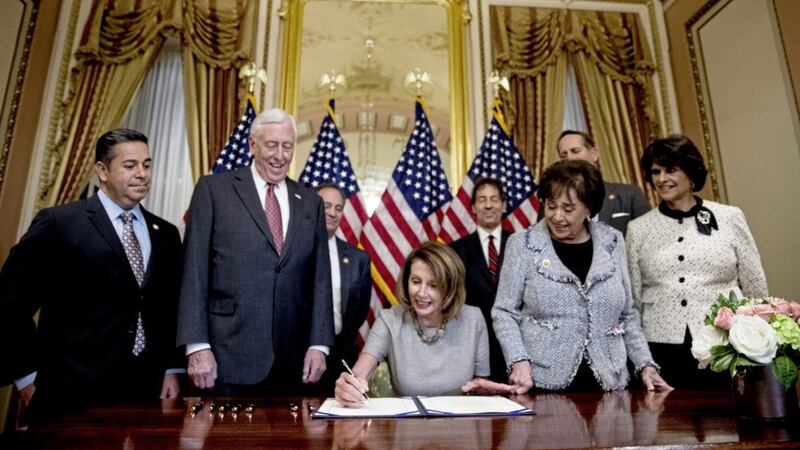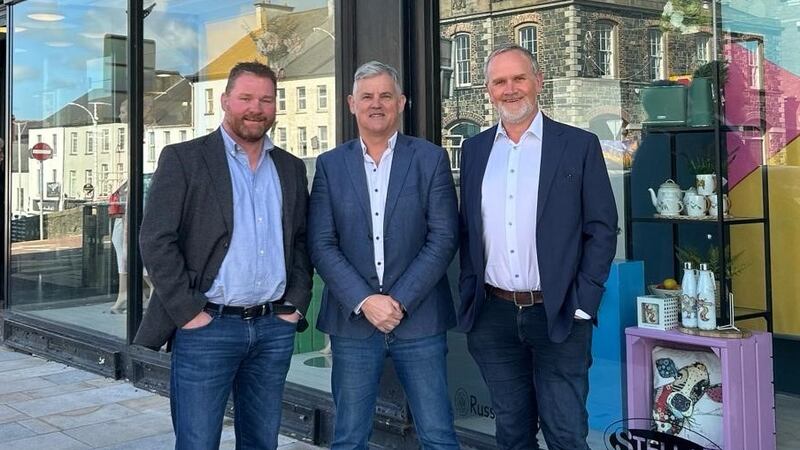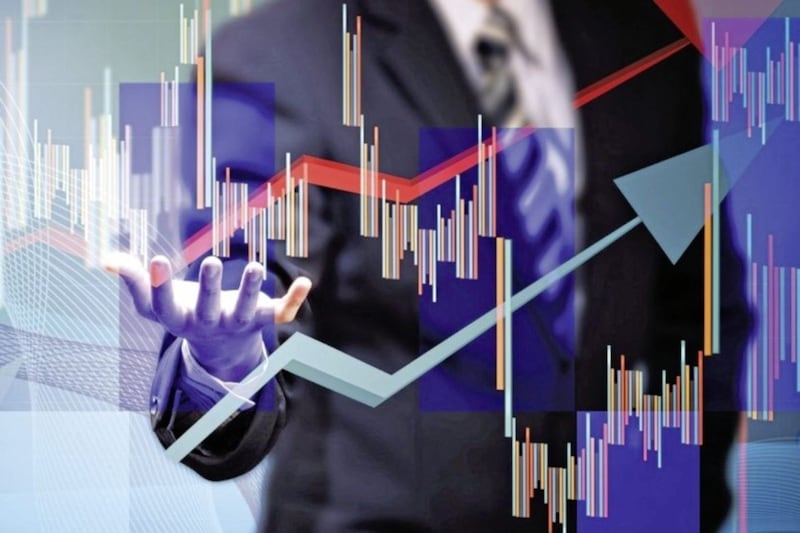WE'RE now four weeks into 2019 but still have little idea of what the future for the UK out of the European Union will look like.
Uncertainty is always the most challenging factor for the stock market, and clearly we have an abundance of this at present. Many market observers have wondered when this would come home to roost as we saw the markets on a global basis continue their upward trend, particularly in 2016/2017, but 2018 certainly saw a change.
The UK market was not the only one that found it hard to make headway (it fell 12.48 per cent): the S&P 500 finished the year 6.24 per cent down, in Japan the Nikkei fell 12.08 per cent, Europe saw the EuroStoxx 500 decline by 14.34 per cent and the Hang Seng fell by 15.86 per cent.
Within these indices there were even more dramatic falls: the worst performer in the FTSE 100 was British American Tobacco, which has seen a terrific performance both in terms of share price growth and yield for many years, but which plummeted by 50 per cent over the year. Tech stocks in general also had a torrid time with some eye-watering falls in a very short space of time.
Many investors hoped that 2019 would bring with it new hope and indeed we have seen a sharp bounce in the market, only to be expected after such a steep slide
But there are already signs of it lacking true conviction and there is a general air of wariness. The weakness of asset prices will also affect business and consumer confidence and this is reinforced by the International Monetary Fund’s observation last week that global activity is weakening faster than expected. Hardly the ideal start to the year.
In addition we have seen poor data from Japan and the eurozone and the revelation that China’s growth rate is definitely slowing serves to dampen spirits further. There are also the macro issues, such as the simmering US-China trade negotiations which remain unresolved, although with the government shut-down now at an end, we can only hope to see some progress being made.
Another negative is the growing pessimism over US corporate earnings growth that has led to analysts cutting their forecasts for the first half of the year. Combined with the impact of higher interest rates, the US economy is not looking as healthy as it was and any good news from the trade negotiations would be extremely welcome. Many are now of the view that interest rates have peaked here.
It appears we are facing a difficult period, which for the UK also includes the Brexit situation which is likely to go right up to the wire. The risk of recession is real but not a foregone conclusion and much now depends on the policy-makers and how they react to the signal from asset prices to prevent deterioration in markets, which would raise the risk of a sharper economic slowdown. It has never been more important to be diversified both in terms of different sectors and also in terms of geography.
:: Cathy Dixon is a director at the Belfast office of Cunningham Coates Stockbrokers, a trading name of Smith & Williamson Investment Management (SWIM). This article does not constitute a recommendation to buy or sell investments and the value of any shares may fall as well as rise. Investments carry risk and investors may not receive back the amount invested. The views expressed are those of the author and not necessarily of SWIM.








